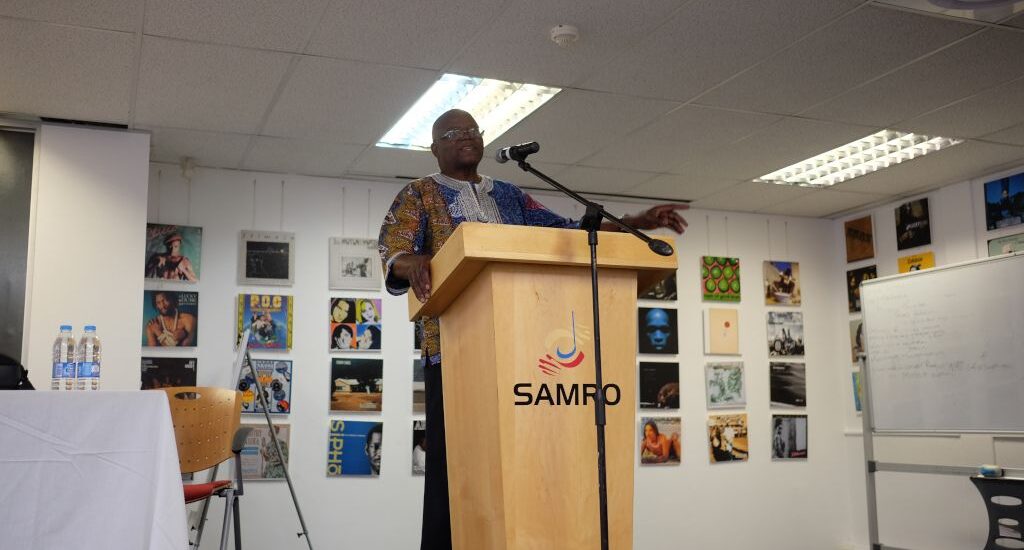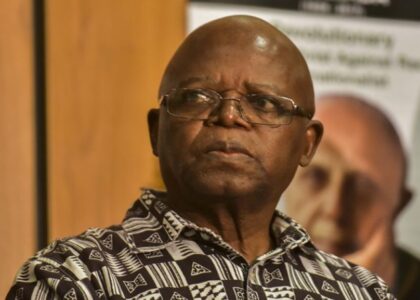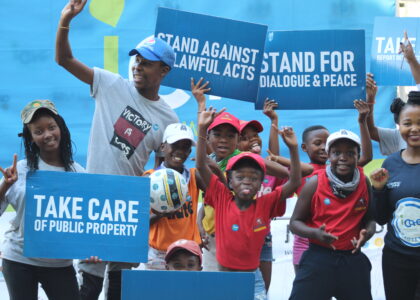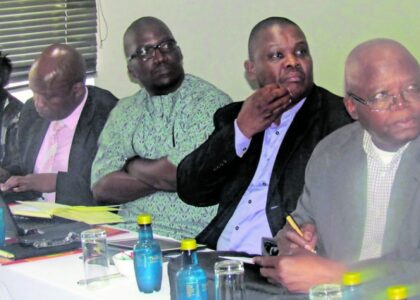09/02/2019
The Moral Regeneration Movement (MRM) has held a strategic planning workshop on 7-8 February 2019 at its headquarters in Johannesburg to take stock of its functions of the previous years and draw plans for the future. The workshop was attended by more than 70 people representing several fraternal organisations such as non-governmental organisations, the religious sector, traditional leadership and government departments. Chairperson of the MRM board, Father Smangaliso Mkhatshwa, told the workshop that the country was gripped with some of the most severe moral challenges, including the Life Esidemini tragedy, the revelations at the Zondo Commission of Inquiry into state capture. The gathering was called to, among others, what MRM could do to achieve its stated goals, said office manager, Neo Chaka. Chaka gave an overview of the movement’s activities since 2014, highlighting the adoption of the Charter of Election Ethics, the Theologians Colloquium, the Land Summit, the Anti-Femicide campaign, the Madiba Lectures, among others. While having registered several successes, the movement had also faced some challenges such the repositioning of the MRM in the provinces and the establishment of provincial structures. Other challenges, according to Chaka were: The mobilization of all sectors (to be part of MRM’s work); Making the movement inclusive; Strengthening of district, metro and municipal MRM committees; Being under-resourced and under-funded, and; Lack of synergies with other stakeholders. He called on those present to assist the MRM in whatever way possible so that it can achieve its stated goals. Co-ordinator of the ICare WeCare Campaign, Michael Mokobe, which is ran by the MRM in partnership with the Gauteng Department of Infra-Structure Development (GDID), gave an overview of the project, saying it was aimed at educating and discouraging communities from destroying public property during service delivery protests. He said dialogues with communities on the subject, had been held in several Gauteng townships and institutions of higher learning. “It does not make sense that when people protest about a lack of water, they burn a library,” said Mokobe. Attendees of the dialogues were signing pledges to preserve public property. MRM’s communication specialist, Enoch Sithole, told the gathering that the movement’s website, Facebook and Twitter sites had been revived and would be used to enhance communication with members of the public and stakeholders. The site would also be used for the organisation’s crowdfunding drive, which will be launched in the next few days. Sithole said the MRM was working on an initiative titled Bopha Comrade, which was aimed at encouraging peaceful protest. The campaign would rollout in multi-media platforms, including a TV current affairs series and other above the line strategies. The MRM was working with stakeholders such as the SA Police Service on the campaign, he said. The participants broke into commissions where they conducted a SWOT (strengths, weaknesses, opportunities and threats) analysis of the MRM and resolved at a subsequent plenary session to mandate the organisation to undertake the following: Re-position the MRM; Mobilise resources; Strengthen its communication function; Align itself with stakeholders; Hold social dialogues with communities on issues of moral conduct. The organisation will release a detailed report of the workshop in subsequent days. Closing the event, Father Mkhatshwa urged all present to continue to work towards achieving a society guided by positive moral valued.
MRM suggests a two-pronged strategy:
The immediate challenge is to restore and maintain the security of residents in the affected areas and to proactively extinguish the fires before they explode. Government departments led by Home Affairs must make our porous borders more watertight; as far as it’s humanely possible. An important element is also to tighten up the procedure of immigration and to exercise zero-tolerance against corrupt officials so that thousands of illegal immigrants don’t find it easy to get a South African citizenship or travel documents. MRM suggests that experienced interdisciplinary mediation organisations, interfaith leadership and generally neutral people must drive long-term solution. Through its Charter of Positive Values, the MRM can make a valuable and permanent contribution. Linked to this is the need for a national campaign to promote values of tolerance, peaceful coexistence, respect for human dignity, fairness and love for Africa and its entire people. mThe reaction of the international community through the xenophobic attack is extremely worrying. It means that SA must redouble its effort to normalise the situation in order to regain the confidence of the international community in our country. The Moral Regeneration Movement believes that the problem is everybody’s business. With our much-cherished philosophy of Ubuntu, together we can overcome this scourge. ONE CAN ONLY SIGH, “CRY THE BELOVED COUNTRY”
Written by: Father Smangaliso Mkhatshwa (chairperson of the MRM)





